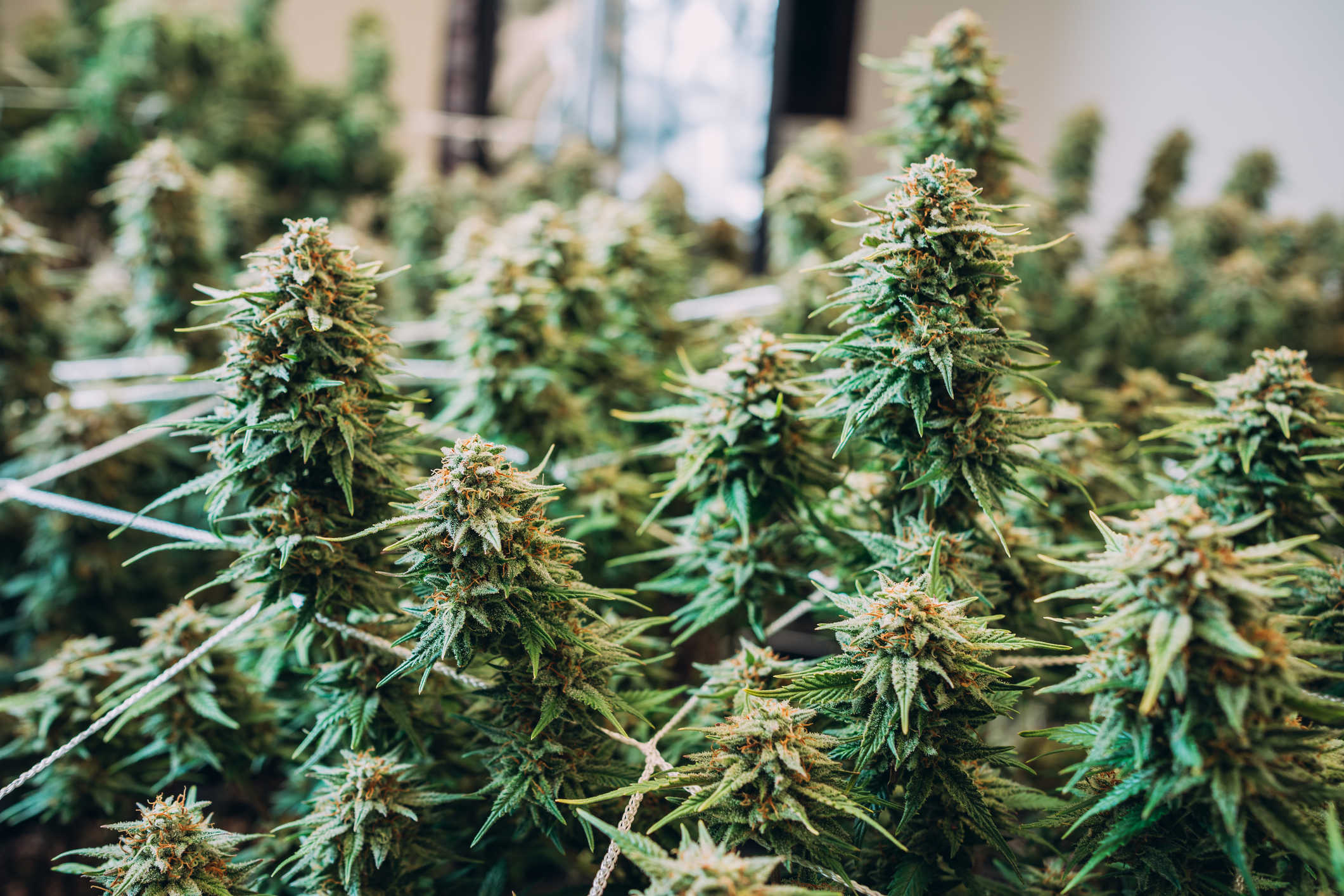[[{“value”:”
Even as medical and sacramental cannabis registrations continue to rise, and applications for cultivation licenses steadily come in, the Office of Cannabis Regulations is still grappling with unresolved challenges — particularly federal restrictions on banking and transportation — that are slowing the full rollout of the legal cannabis industry in the U.S. Virgin Islands.
During Wednesday’s meeting of the Cannabis Advisory Board (CAB), OCR Executive Director Joanne Moorehead answered a question from board member Gary Jett about banking and transportation. “I don’t have today an official solution,” Ms. Moorehead responded. However, discussions are ongoing with “the relevant authorities” to ascertain what legislative changes would be needed where that is concerned. “We are closer than when last we spoke. We have some viable options on the table,” Ms. Moorehead assured, saying that further conversations were needed “to close the gap on the rules and the legislation that would allow for that.”
Banking and transportation remain unresolved due to ongoing federal restrictions. Under federal law, marijuana is still classified as a Schedule I controlled substance, which makes transporting it across state or territorial lines illegal and limits financial institutions’ willingness to work with cannabis businesses. These federal constraints continue to complicate implementation of a fully operational cannabis industry in the U.S. Virgin Islands.
Meanwhile, in her report to the board Ms. Moorehead disclosed that medical and sacramental registrations “continue to increase.” She reminded that people wishing to register as individual sacramental users must belong to a licensed sacramental organization first. Currently, there are two such organizations with pending registrations with approximately 40 members between them, Ms. Moorehead noted.
Applications for cultivation and micro-cultivation permits will be accepted until June 27, the OCR Executive Director reminded. “At some point in the summer presumably we will be able to reopen micro-cultivation permit applications…but I just have to preserve our ability to do the work,” Ms. Moorehead said, noting that the volume of paperwork coming in has the potential to overwhelm the two staffers in the office.
After the application window closes for cultivation licenses, OCR will begin accepting applications for dispensary licenses, Ms. Moorehead disclosed. Plans are to also accept licensing applications for manufacturing, research and development, third-party vendors, and agents. “I don’t have target dates yet,” Ms. Moorehead said, but anticipates that these license categories will open at “some point over the summer.”
The board also decided that while individuals could simultaneously apply for and hold licenses for medical and sacramental use, their quota of plants would not also double. “If they chose to grow different strains for the two different purposes…it would not change the number of plants that they’re permitted to grow,” Ms. Moorehead said.
“Perhaps we could come back and reassess that allotment,” said CAB chair Catherine Kean. “But we had decided that it was to remain essentially six and six,” she continued, referring to previous discussions by the board. Exemptions or waivers to that limit, she said, could be considered on a case by case basis depending on individual circumstances.
The vote on limiting holders of sacramental and medicinal licenses to six flowering and six immature cannabis plants passed unanimously.
“}]] Even as medical and sacramental cannabis registrations continue to rise, and applications for cultiv… Read More


